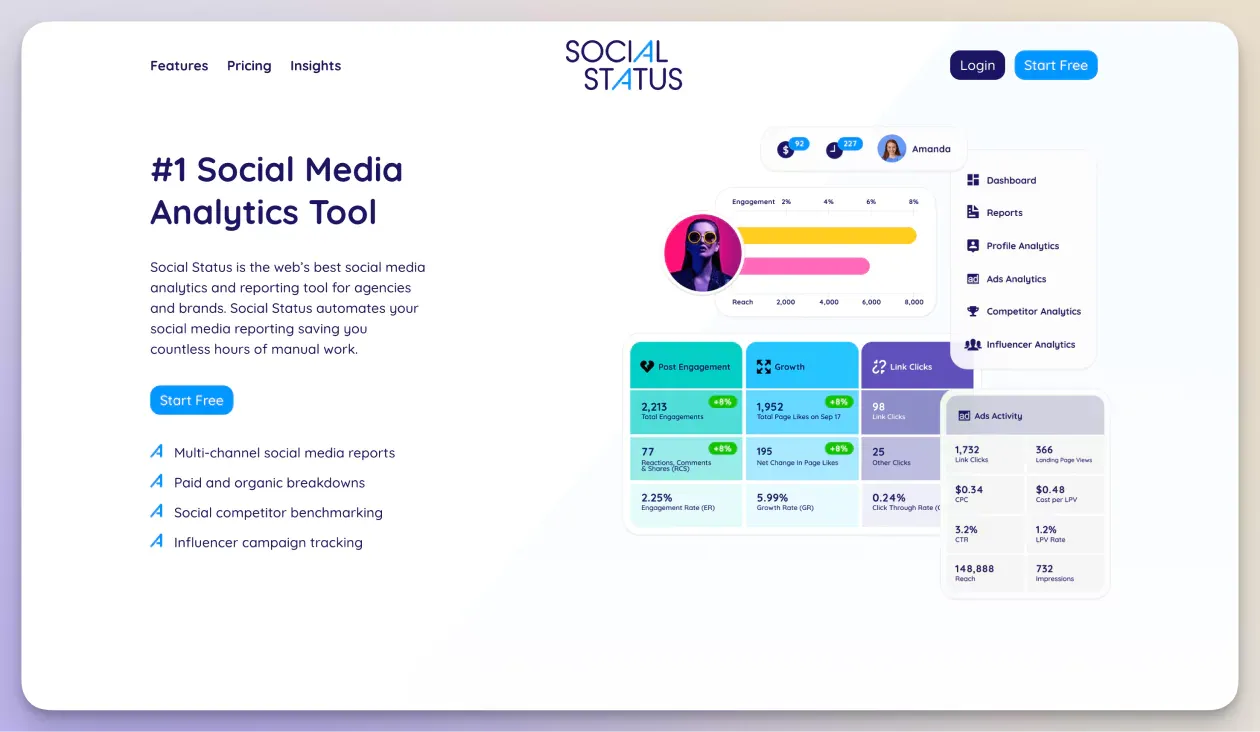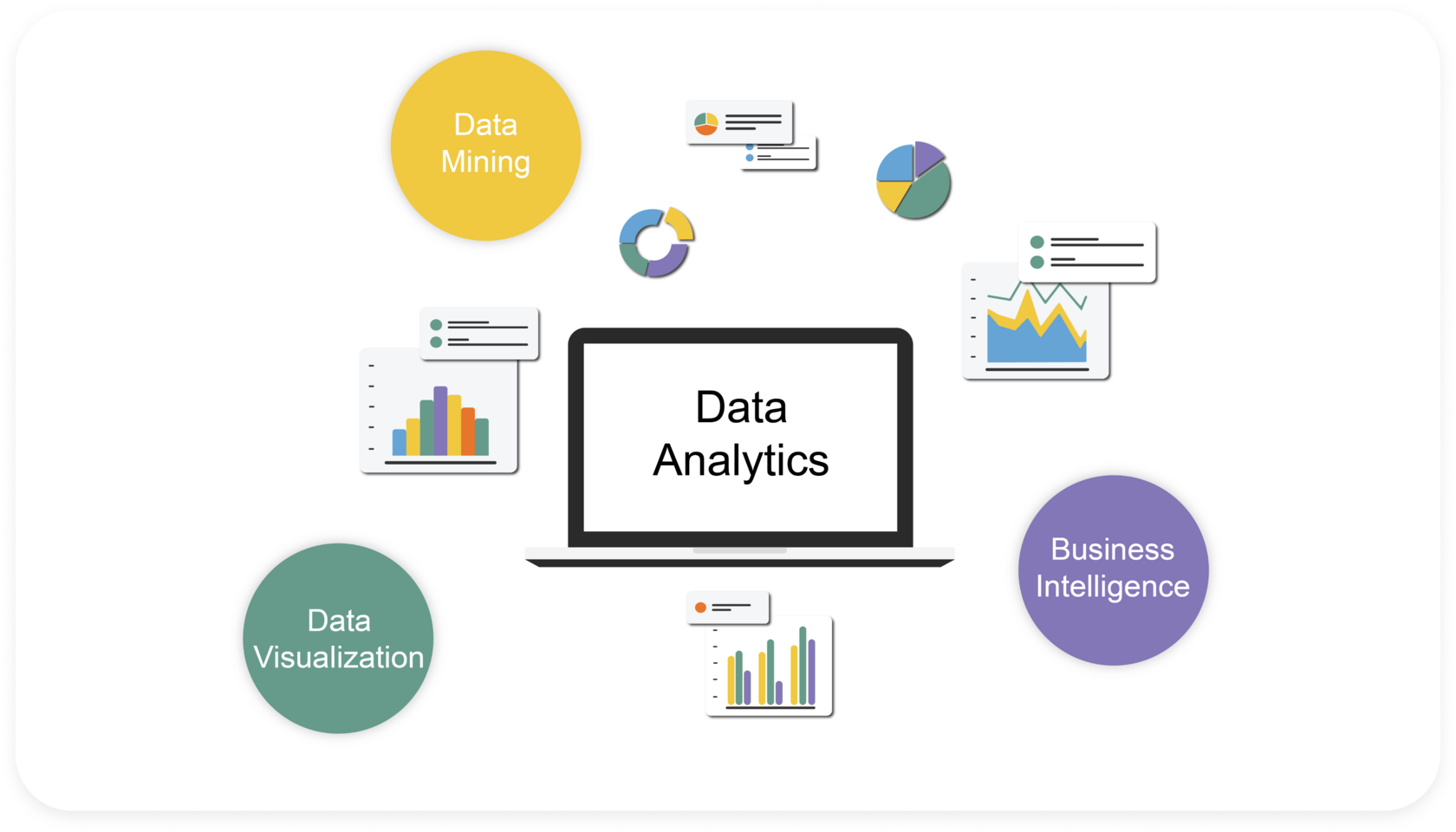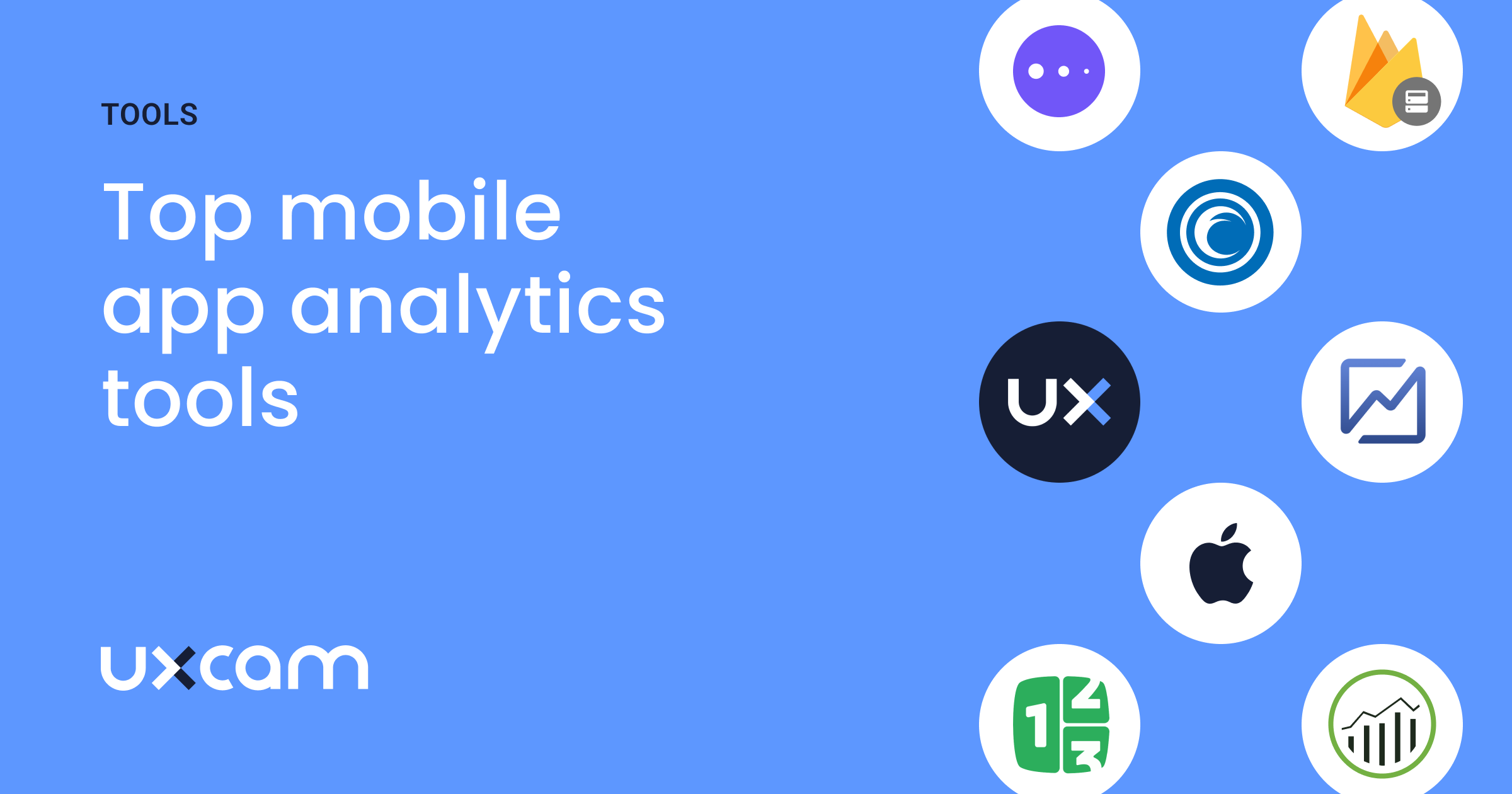Take Full Advantage Of Efficiency Utilizing Real-Time Analytics Operatings Systems
Take Full Advantage Of Efficiency Utilizing Real-Time Analytics Operatings Systems
Blog Article
Make The Most Of Development: Exactly How Analytics Drive Better Strategies
In today's data-driven landscape, companies significantly identify the crucial function of analytics in forming efficient growth strategies. By harnessing data insights, services can fine-tune their functional techniques, expect market changes, and boost client involvement. However, the challenge lies not just in collecting data however in properly analyzing it to drive tangible results. As we discover the crucial advantages and methodologies connected with analytics, an important question emerges: how can companies ensure they are leveraging these understandings to open their complete potential? The response might redefine the future of calculated planning.
Comprehending Information Analytics
Information analytics is a systematic computational evaluation of data that allows companies to reveal purposeful patterns and understandings. This process incorporates a selection of strategies, consisting of analytical analysis, anticipating modeling, and data mining, which jointly aim to change raw data right into workable details - Analytics. By utilizing these methods, companies can make enlightened decisions that are rooted in empirical evidence as opposed to instinct alone
The structure of data analytics lies in its capacity to deal with vast quantities of info from diverse sources. This includes organized data, such as data sources, and unstructured information, including social networks interactions and customer responses. With using specialized software and tools, experts can draw out and process this data efficiently, recognizing patterns and correlations that may not be immediately evident.
Recognizing data analytics also entails recognizing the value of data high quality and integrity. Exact and reliable data is crucial for significant analysis; thus, organizations need to implement durable data governance practices. Furthermore, the repetitive nature of analytics permits constant improvement and renovation of strategies, making sure that organizations continue to be active in the face of changing market characteristics and consumer behavior.
Secret Advantages of Analytics

One of the crucial benefits of analytics is its capability to offer workable insights. Organizations can quickly evaluate substantial amounts of data, uncovering patterns that might not be instantly evident. This assists in preparing for market shifts and adjusting approaches accordingly. Additionally, analytics fosters a culture of evidence-based decision-making, decreasing dependence on intuition and uncertainty.
An additional significant advantage is enhanced consumer understanding. Analytics tools enable services to section their target market, track customer habits, and personalize advertising and marketing initiatives. This targeted technique not just boosts customer engagement but also drives higher conversion rates.

Implementing Analytics Approaches
To fully recognize the benefits of analytics, organizations need to embrace structured approaches for implementation. This starts with clearly defining goals that align with broader company goals. By developing specific, quantifiable outcomes, organizations can focus their analytics efforts on areas that generate the highest roi.
Following, organizations need to prioritize data governance to ensure the honesty and security of the data being evaluated. This includes setting up procedures for information collection, storage space, and gain access to while adhering to appropriate policies. Making certain high-grade data is critical for generating meaningful insights.
Moreover, promoting a culture of data-driven decision-making is vital. This requires training employees to analyze analytics searchings for and encouraging partnership across departments. They are more likely to incorporate insights into their everyday procedures. when teams recognize the worth of analytics.
Finally, organizations should routinely assess and refine their analytics techniques. The landscape of data and technology is continually developing, and staying adaptable will permit organizations to take advantage of new devices and methods efficiently. By carrying out these structured techniques, companies can maximize the influence of their analytics campaigns and drive sustainable development.
Tools for Reliable Evaluation
Reliable evaluation depends on a variety of devices that facilitate the removal of understandings from information - Analytics. These devices can vary from simple spreadsheet applications to innovative device learning platforms, each offering an unique function in the analytical process
Information visualization software, such as Tableau and Power BI, plays an essential duty in transforming complicated datasets right into reasonable visual representations. These devices enable experts to determine patterns and patterns swiftly, permitting for even more informed decision-making.
Analytical analysis software program, like R and SAS, provides innovative capacities for conducting extensive evaluations, including regression, theory testing, and predictive modeling - Analytics. These functions empower organizations to draw significant final thoughts from their information, determining potential chances and dangers
Furthermore, database management systems investigate this site such as SQL and NoSQL data sources offer the essential framework for saving and quizing large quantities of data successfully. They guarantee that data is arranged and obtainable for analysis.
Lastly, organization intelligence systems incorporate different information sources, offering a comprehensive sight of business efficiency. By utilizing these devices properly, organizations can boost their logical capabilities, allowing them to create approaches that take full advantage of development and improve general efficiency.
Study of Success
Effective companies typically leverage information analytics to drive impactful approaches, as shown by a number of remarkable case studies. By using these understandings, Netflix has successfully customized its content referrals, resulting in increased customer engagement and subscriber retention.

Furthermore, Starbucks employs data analytics to figure out ideal shop areas and refine its item offerings. By checking out consumer demographics and purchasing patterns, Starbucks effectively determines high-potential markets and customizes its food selection to neighborhood tastes, driving sales and customer commitment.
These study highlight that effective application of data analytics can bring about calculated advantages, fostering technology and growth within companies throughout different markets.
Verdict
In conclusion, the integration of analytics right into organizational methods substantially enhances decision-making procedures and promotes sustainable development. The reliable application of analytics tools additionally supports agility and innovation, allowing organizations to browse competitive landscapes with higher precision.
Data analytics is a systematic computational evaluation of information that enables organizations to discover purposeful patterns and understandings.Comprehending data analytics also entails identifying the significance of data high quality and stability. Exact and trusted data find is crucial for significant analysis; therefore, organizations should execute robust information administration techniques.Following, companies must prioritize data administration to make sure the honesty and security of the information being analyzed.Successful organizations often leverage information analytics to drive impactful methods, as evidenced by a number of noteworthy situation studies.
Report this page